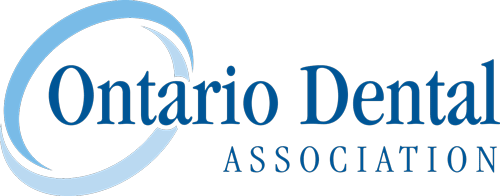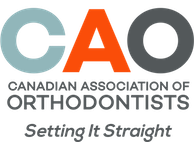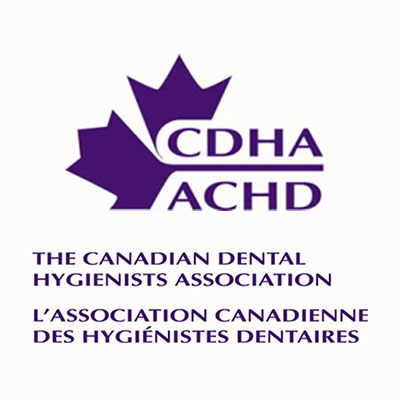

Many factors are involved in how aging impacts our bodies. Our teeth and oral health are no exceptions. It is a myth that as you age, tooth loss is inevitable. With proper care and maintenance, your teeth can last you a lifetime!
Some physiological changes that you may notice as you age include symptoms of xerostomia (dry mouth), periodontitis (gum disease), and root and coronal caries (decay). It is important that older adults continue to focus on the prevention of cavities and gum disease.
Fortunately, with new technological and scientific advances, preventative dentistry is helping maturing adults keep their natural teeth for much longer than was the case in years past. This article will walk you through some important symptoms to be aware of and what measures you can take to prevent oral diseases and promote overall good health.
In general, health problems become more persistent as we age, often leading to the need forf multiple medications. Many medications can have side effects that can affect your oral health. For example, hundreds of medications list dry mouth (xerostomia) as a side effect. Dry mouth can lead to bad breath, cracked lips, fissured tongue, irritation and infection of oral tissue, as well as make eating and swallowing difficult. Xerostomia can be managed through:
Another oral health problem you might notice is a dull appearance of the teeth. This change is due in part to the increase in yellowing of the dentin inside the tooth that can show through the enamel, especially as the enamel thins and cracks with age. The enamel itself gets stained by coffee, tea, red wine, other food pigments and tobacco. Some measures you can take to prevent this include:
*Please speak to our dental team before deciding on a whitening method as many products contain ingredients that can irritate sensitive gums and teeth, especially as we age, and may not provide the desired results.
Studies have shown that older adults are at greater risk for developing root caries due to poor oral hygiene, decreasing dexterity, and a switch from complex to simple sugars. "Approximately 50% of persons aged older than 75 years of age have root caries affecting at least one tooth." You may notice an increase in gingival recession that exposes root surfaces such that your teeth may appear longer. The exposed roots are now susceptible to decay as they are no longer protected from the oral environment. There are several steps you can take to prevent the development of root caries, such as maintaining good oral hygiene and brushing with a rotating/oscillating toothbrush to prevent gum recession. You should also increase your attention towards your diet to reduce sugars and increase healthy foods such as raw vegetables as these vegetables are not only good for your general health but chewing them provides a certain amount of natural oral cleansing.
During menopause, women can experience declining hormone (estrogen and progesterone) levels, which can increase the risk for osteoporosis (bone disease). Osteoporosis affects the bones, including those supporting your teeth. This can contribute to periodontal (gum) disease. Women are more sensitive to the presence of plaque and bacteria around the gums with the decline in estrogen levels. Untreated, ongoing inflammation leads to bone loss around the teeth and tooth loss. However, this can be avoided with proper treatment and everyday care for your oral hygiene.
Gum disease and cavities are the most important things to look out for as you age, especially since they can occur over time with no indication of pain until they are more advanced. Moreover, these conditions have been associated with the development of heart disease, respiratory disorders, and strokes. If left untreated, they can do a great deal of harm to your general health as well as your oral health.
People over the age of 45 are also at a higher risk of oral cancer, with people over the age of 60 at the highest incidence. Many oral cancers have a good success rate when diagnosed and treated early. Therefore, early detection of precancerous or cancerous tissue can minimize or eliminate the potential effects of oral cancer. Our Kaydental team is trained to look out for any signs of oral cancer at your regular check-up appointments. For more information on how to detect and prevent oral cancers, click here to read our article.
Please check with our dental team if you notice any abnormal symptoms such as bleeding gums when you brush, gums that have pulled away from the teeth, changes in the fit of your partial dentures, constant bad taste or breath, and/or gums that feel tender or look red and swollen. Also, contact us if you notice sores in your mouth that don't heal within 2 weeks, and lumps in your neck, head or face.
Here is a round-up of things you can do to maintain and improve your overall oral health so you can feel confident and satisfied with your smile, regardless of your age:
If you have a family member or friend who has difficulty maintaining a healthy mouth on their own, you can help by reminding them to brush and floss daily as well as have regular dental check ups. If they have difficulty with their oral care, speak to our dental team who can help provide tips or suggest a different approach to oral care.
If you are concerned about any changes in your oral health, or if you are due for a dental cleaning or check-up, please contact our office to schedule an appointment.
Resources:
At our North York dental office, our fees are based on the most current Ontario Dental Association fee guides.
If you have any questions about the costs of any of our dental services, please contact us so one of our staff members can clarify and guide you through the price determinations.
You can find our patient referral form here. We provide dental care for the whole family, including children's dentistry and emergency dental care.




